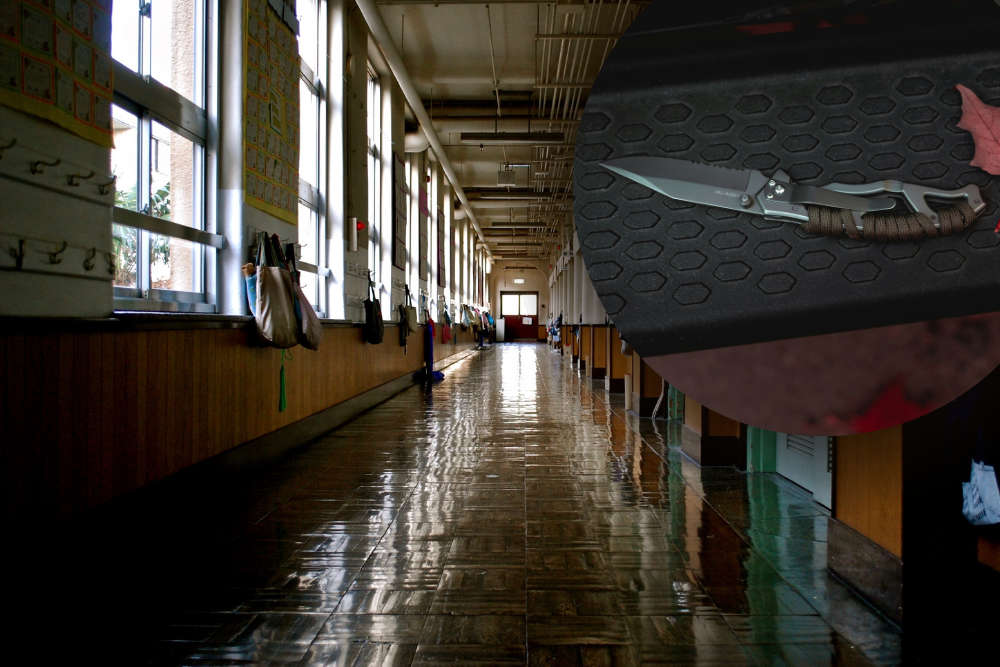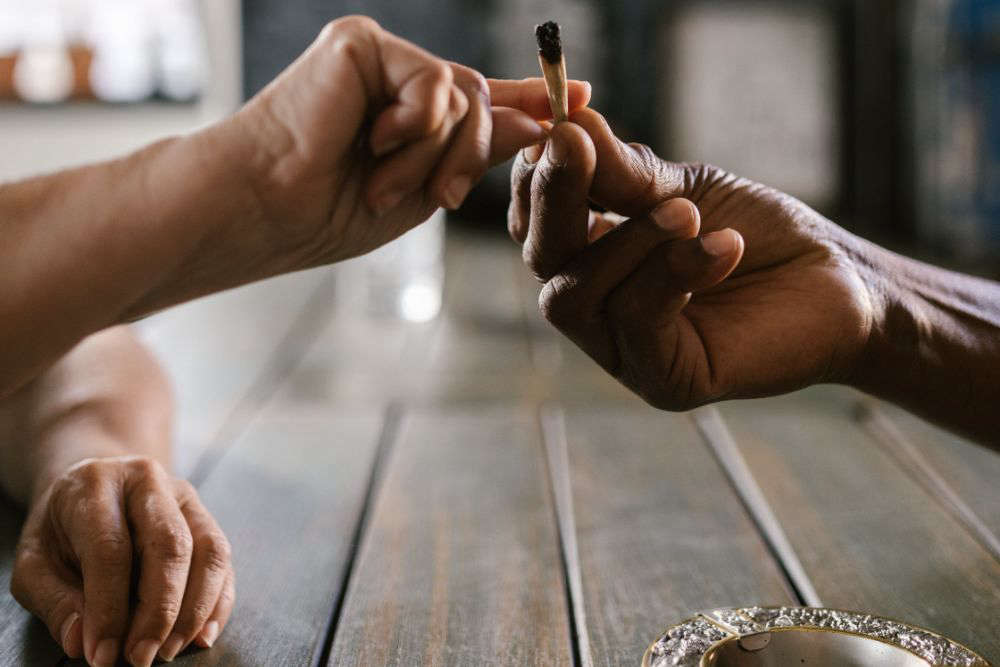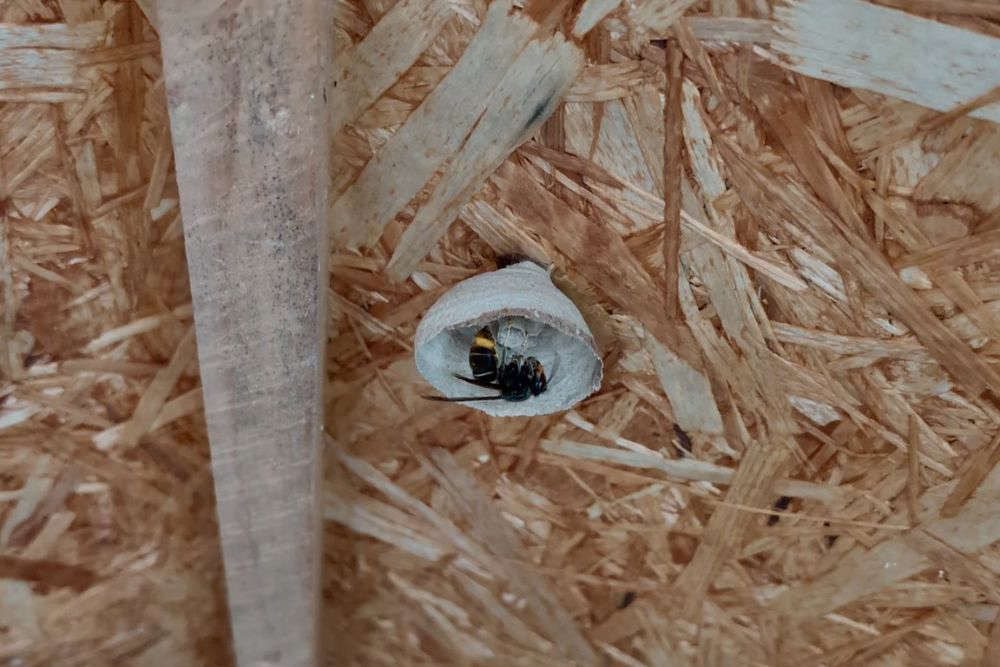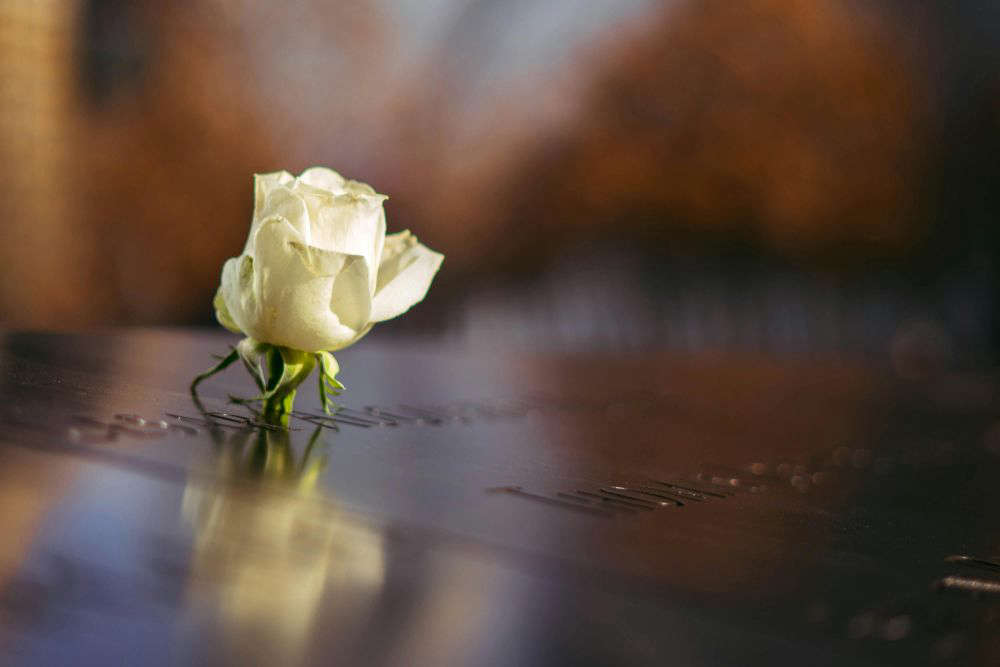
People carrying a 'bladed article' longer than three inches at a school could potentially be sentenced to five years in prison as part of an overhaul of public order offences.
School grounds will be added to the definition of a public place, where it is illegal to carry a knife 'with no religious, national or educational purpose'.
States members have unanimously approved an update to legislation.
The proposals - drafted under the previous Justice and Home Affairs Minister - aims to tackle knife crime. Carrying an 'offensive weapon' currently falls under the Firearms Act.
The revisions will makes specific offence of carrying ‘bladed articles’ longer than three inches, or anything created or changed to cause (or intended to cause) harm to someone.
However, deputies in the States Assembly were worried this may affect their leisure opportunities.

Deputy Andy Howell asked whether she would be allowed to take a knife or a bread knife on a picnic, while Deputy Montfort Tadier mentioned that anyone going into the countryside would need a knife to eat their baguette, meat and cheese.
Deputy Alex Curtis feared the consequences for attending a barbeque:
"I might want to take my own knife to a barbeque because I know that the host of the barbeque, whilst their food may be excellent, the quality of their knife, cutting Portugese rolls, may not be what I want.
I might take my knives to my friend, who is wonderful at sharpening them, on a sharpening block far better than mine.
A tomato knife's length, this is a common knife I use, is 10.5 cm or four inches, and that is the smallest knife I would really want to be using to cut bread, let alone anything tougher; like maybe steak cooked on a barbeque."
The island's former chief judge, Deputy Sir Philip Bailhache, says people should exercise and rely on common sense.
"It is not in the public interest for us to encourage young people in particular, but in fact, all people, to walk around the town with knives in their pockets.
In all my life, I have never known of a fisherman being apprehended for taking a knife in order to use it for legitimate purposes."
States Members unanimously agreed to pass the Crime (Public Order) Law, despite a few arguing against some aspects.
There was concern that a child carrying a knife at school may be apprehended and sentenced to five years in prison.
Criminal responsibility for islanders is 10 years old. However, the suspect must have the HM Attorney General's consent to be charged with an offence.
Mark Temple KC says it would be a last resort, as the intention is to keep children out of the criminal justice system.
"Often, these sorts of offences may be committed against other children, and we do need to take the consequences of that sort of behaviour in mind."

Under the new law, riots will be better defined as a group of more than 12 people, with at least one person committing an offence or threatening violence.
Only those acting violently will be committing an offence.
Reform Jersey leader Sam Mezec joked that it is nice to know that Reform cannot be classed as a riot, as it only has ten members, but that the Constables can be.
Stalking will also be made illegal. Justice and Home Affairs Minister Deputy Mary Le Hegarat, a former police officer, who presented the new legislation to the Assembly, says there is a need to strengthen the law.
"There is a growing awareness of the harm this behaviour can cause to victims."

On the other hand, some people who are drunk and disorderly, breaching the peace, in possession of Class B or C drugs, or who have committed low level assault may not have to go to Magistrate's Court.
The legislation understands that more diminutive offences take up valuable time and resources and could be dealt with at Centenier level.
It is suggested that islanders caught committing one of the above can be given a Level 1 fine of up to £200.
Deputy Mezec says it is a significant step in the right direction and is surprised it has not been celebrated more.
He refers to the section of the law where it refers to the possession of lower-class drugs.
"That article is actually more significant than I think people realise, and I'm surprised there hasn't been more commentary.
People who, from time to time, for recreational reasons, smoke cannabis will be prevented from having a more severe public criminal record and penalties imposed on them for it, which essentially means this article is a step towards the decriminalisation of cannabis, something which I am wholeheartedly in support of.
I think the approach that our society has had for years on this has been counterproductive.
The impact of this will mean fewer people having their lives wrecked by having a criminal record that appears in a Google search, not being able to get work, and not being able to take their lives forward."
The law will be sent to the UK Privy Council before it is sent back to the Royal Court, after which it will take seven says to come into effect.
This means it could take several months before islanders see a change in the law.


 Record year for Asian hornets in Jersey already
Record year for Asian hornets in Jersey already
 Man accused of assaulting young girl twice on St Helier's high street
Man accused of assaulting young girl twice on St Helier's high street
 Tenant experiences needed to inform changes to renting laws
Tenant experiences needed to inform changes to renting laws
 Organ donors to be recognised with public memorial
Organ donors to be recognised with public memorial
 Support for Lily McGarry grows with 'wear orange' gathering in Liberation Square
Support for Lily McGarry grows with 'wear orange' gathering in Liberation Square
 Robert MacRae to be Jersey's next Bailiff
Robert MacRae to be Jersey's next Bailiff
 Summer solstice date for this year's CI Pride
Summer solstice date for this year's CI Pride
 Flags at half-mast following death of Pope Francis
Flags at half-mast following death of Pope Francis





